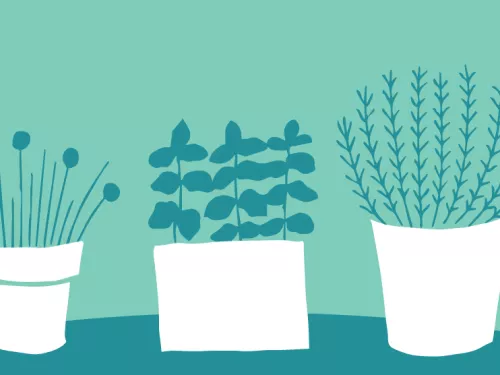
Grow wildlife-friendly herbs
Planting herbs will attract important pollinators into your garden, which will, in turn, attract birds and small mammals looking for a meal.

Whether feeding the birds, or sowing a wildflower patch, setting up wildlife areas in your school makes for happier, healthier and more creative children.
The Wildlife Trusts’ 30 Days Wild Campaign has, together with the University of Derby, proved that children are happier, healthier and more creative when they are connected to the natural world.
Where best to have access to nature than in schools up and down the UK? From hanging bird feeders to wilding a small garden, there are options to help local wildlife whatever the size of the area you have available. A school wildlife garden presents countless learning opportunities, both practical and academic, while encouraging a connection to nature.
Children are happier, healthier and more creative when they are connected to the natural world
Recycling at school is a great way to get other people involved in helping wildlife around the world. You could set up a recycling scheme even a recycling challenge! Having a recycling challenge is a fun way to get your students thinking about what needs to be recycled. If you help them understand why we should all recycle, the challenge will encourage them to become custodians for wildlife and, by the end, you’ll have a brilliant recycling system in the classroom!
A recycling challenge is simple to organise:
Help the people caring for wildlife near you by fundraising for your local Wildlife Trust. From having a day of wild fancy dress to running a wild bake sale, there are so many ways to get involved in protecting wildlife. Get creative and go wild!
Some ideas to get you started:
Download our school's fundraising pack
Up and down the country, local Wildlife Trusts are helping schools to get nature into the curriculum, into the school grounds and into children's daily lives.
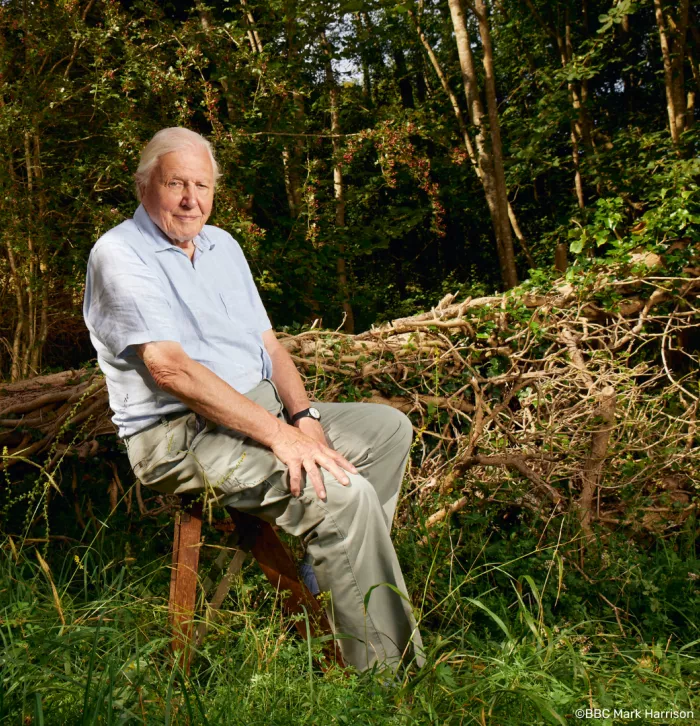

Planting herbs will attract important pollinators into your garden, which will, in turn, attract birds and small mammals looking for a meal.
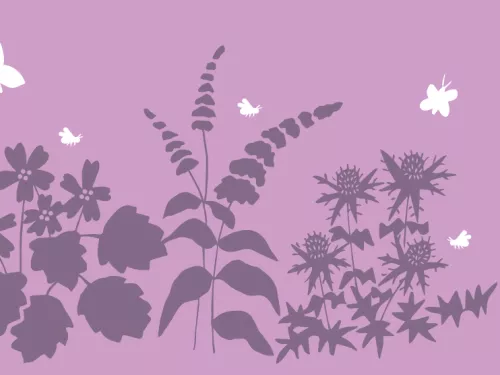
Set up a ‘nectar café’ by planting flowers for pollinating insects like bees and butterflies
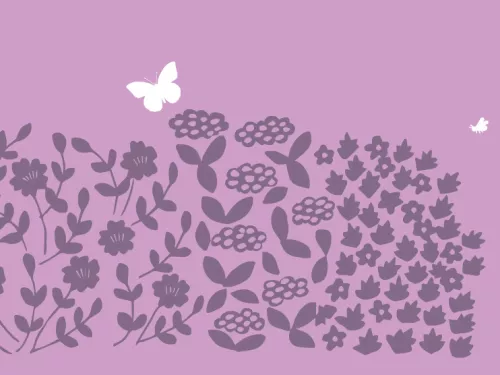
Hedges provide important shelter and protection for wildlife, particularly nesting birds and hibernating insects.

Plant wildflower with seed bombs!
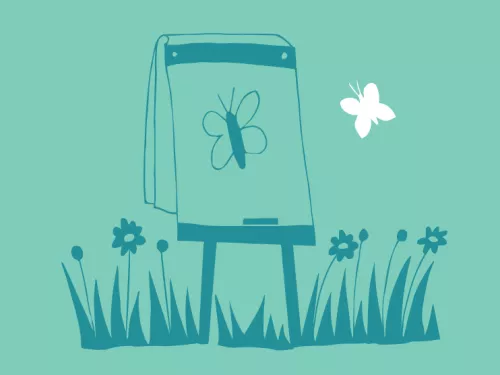
Attracting wildlife to your work will help improve their environment – and yours!
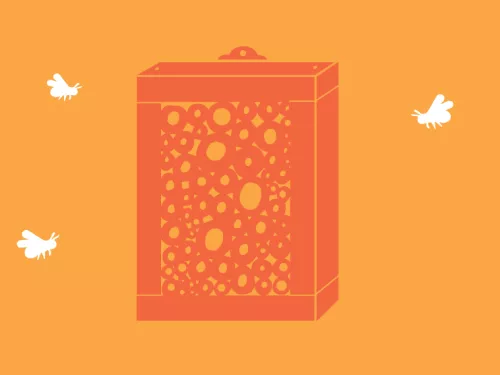
Solitary bees are important pollinators and a gardener’s friend. Help them by building a bee hotel for your home or garden and watch them buzz happily about their business.